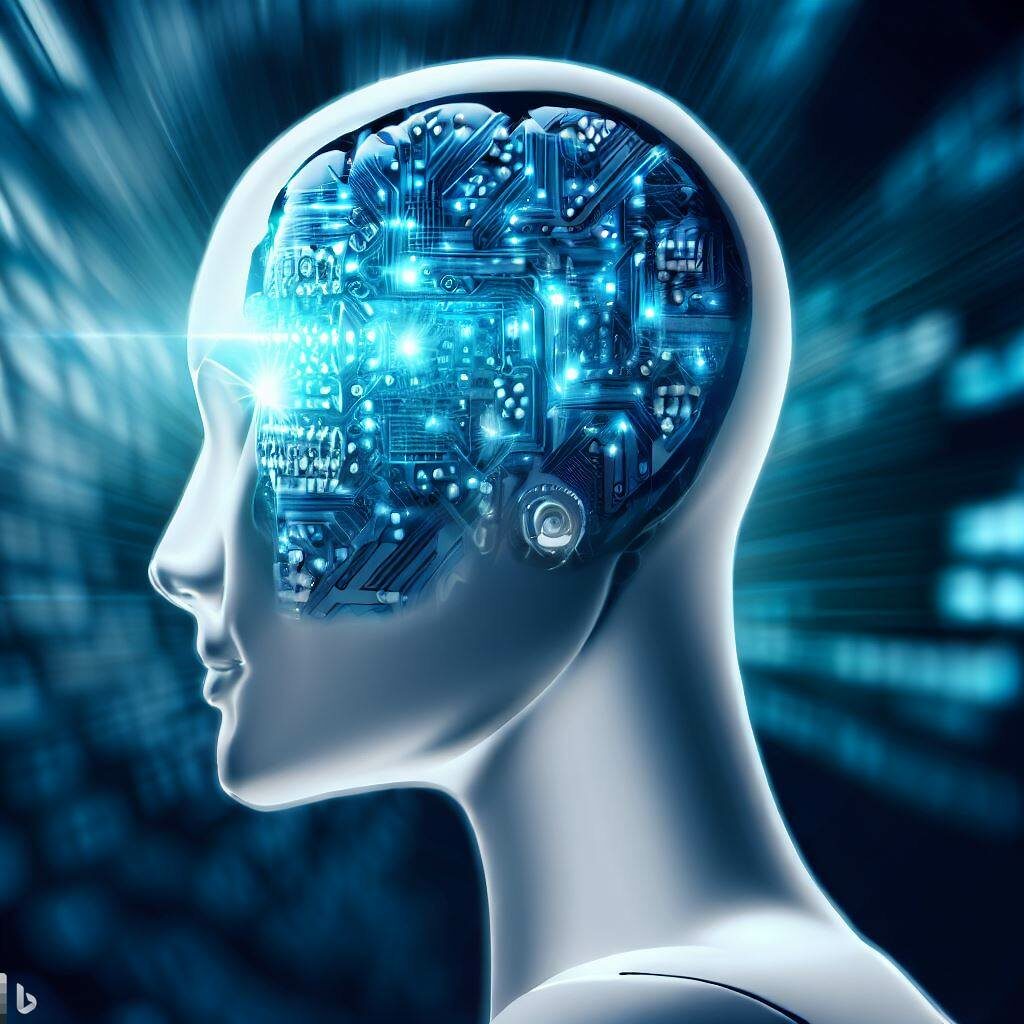Inspenet, May 7, 2023
A team of scientists from the University of Texas at Austin, USA, has developed an innovative system based on artificial intelligence (AI), which is capable of decoding people’s thoughts and could be used by those who are mentally aware. , but have difficulty speaking, such as those affected by strokes.
The new artificial intelligence, called a semantic decoder, makes it possible to reconstruct the general idea of the story that a person listens to or imagines that they are telling in silence, in a continuous stream of text. This is possible from images obtained by functional magnetic resonance imaging (fMRI), that is, without the need to insert surgical implants, according to the study published in the scientific journal Nature Neuroscience on Monday.

For this, participants need to spend up to 15 hours lying in an MRI scanner, being perfectly still and concentrating on the stories they hear.
“For a non-invasive method, this is a real breakthrough compared to what’s been done before, which is usually single words or short sentences,” said Alexander Huth, one of the authors of the research, referring to the system, a technology that to some extent is based on a transformative language model, similar to those that drive Open AI’s ChatGPT.
He also asserts that the result of artificial intelligence is not a literal transcription, but rather that it has been designed in such a way that it translates the essence of what the participant says or thinks, albeit imperfectly. For example, in the experiments, the thoughts of a participant who heard a speaker say “I don’t have my driver’s license yet” were translated by the AI as “she hasn’t even started learning to drive yet.”
It also points out that about half the time, when the decoder has been trained to monitor brain activity, the technology produces text that closely (and sometimes accurately) resembles the intended meanings of the original words.

Artificial intelligence and privacy protection policies
It is emphasized that technology cannot be used on someone without their knowledge. The experts tested the system with people they had not trained and found the results incomprehensible as they worked to make the AI work only with those who had voluntarily participated in training the decoder.
However, they maintain that in a hypothetical scenario in which this tool evolves and overcomes such obstacles, it is important from now on to be proactive and promote policies that protect people and their privacy.
Although the technique is not practical for use outside the laboratory due to the reliance on the fMRI machine, the scientists say this study could be transferred to other portable brain imaging systems, such as functional near-infrared spectroscopy.

Source: https://actualidad.rt.com/actualidad/465742-crean-innovador-metodo-ia-capaz-leer-pensamiento
Semantic reconstruction of continuous language from non-invasive brain recordings. Jerry Tang, Amanda LeBel, Shailee Jain and Alexander G. Huth. Nature Neuroscience (2023). DOI: https://doi.org/10.1038/s41593-023-01304-9
Photos: ShutterStock / Illustration generated by AI Bing Image Creator
Don’t miss the Inspenet News at: https://inspenet.com/inspenet-tv/

